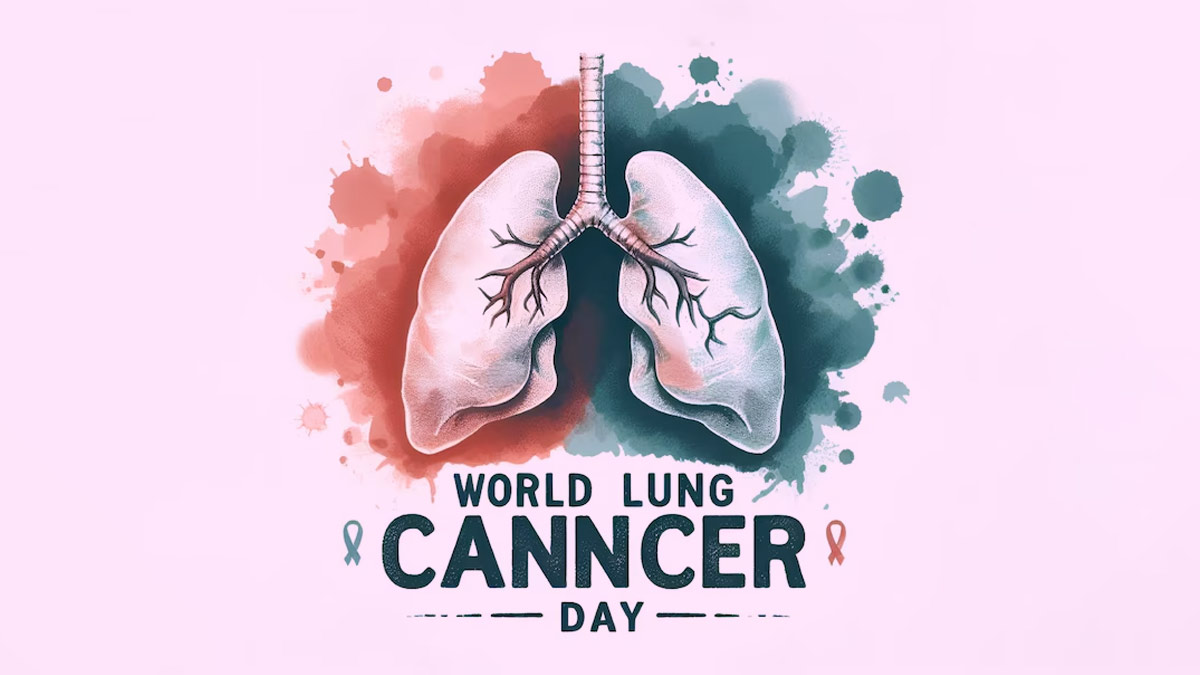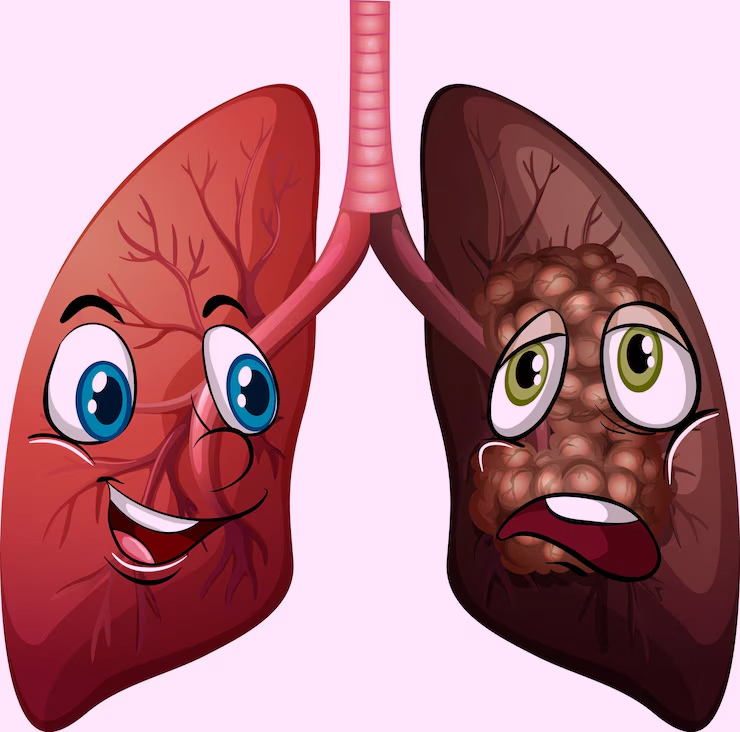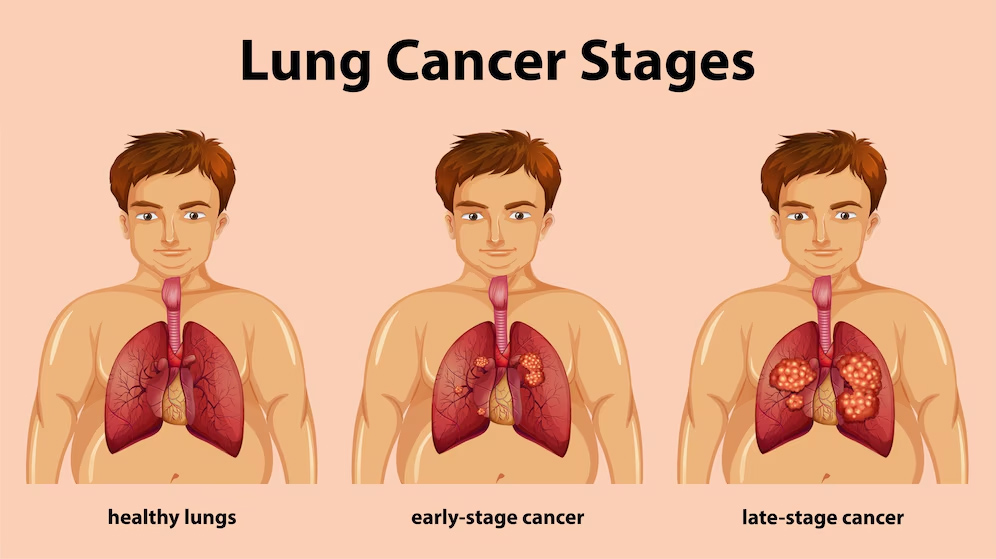
Black mucus can be an upsetting sight for one and steal one’s peace of mind. The common cause of black mucus can be inhalation of environmental pollutants or smoke. For those living in urban areas or working in chemical industries, particulate matter (PM) from exhaust fumes or industrial emissions tends to sit in the respiratory tract and cause darker mucus production as the body tries to get rid of these foreign bodies. Moreover, smoking also involves harmful substances in the lungs that impact and change the color of the mucus. Even dry weather can irritate nasal passages and lead to thicker and darker mucus. Necrosis, fungal infections, and pollution are some other factors that will lead to black mucus.
Table of Content:-
To understand black mucus and its connection with lung cancer, OnlyMyHealth team interacted with Dr Sandeep Kadian, Intensivist, General Physician & Chest Physician, AIMS Hospital, Dombivli, Kalyan.
Dr Sandeep Kadian, a pulmonologist, explains, “When we breathe in pollutants or smoke, our body's defense mechanism tries to trap and expel these particles through mucus. Over time, this can lead to darker mucus, especially in individuals with prolonged exposure to such irritants.”
However, the appearance of black mucus is more than just a nuisance; it is a significant health concern that may indicate a serious problem. People who tend to smoke or are exposed to air pollution and toxins may experience black mucus production, signaling deteriorated respiratory health.
Also read: Why Is Lung Cancer Hitting Non-smoking Indians Earlier Than Westerners?

Link to Lung Cancer
The persistent presence of black mucus can be a warning sign of a more severe underlying condition, such as lung cancer. Lung cancer is one of the leading causes of cancer-related deaths globally, and early detection is crucial for effective treatment.
Dr Kadian highlights, “Chronic exposure to harmful particles and chemicals can lead to inflammation and damage to the lung tissues. This persistent irritation and damage can set the stage for the development of lung cancer. Black mucus can be an early indicator that something is seriously wrong.”
Lung cancer symptoms often include a persistent cough, chest pain, shortness of breath, and the production of abnormal mucus. When the body produces black mucus, it could mean the lungs are irritated, and one may be at risk of lung cancer.
Also read: Can Shoulder Pain Be A Sign Of Lung Cancer?

Steps to Prevent and Address Black Mucus
- Quit Smoking: Smoking is a leading cause of lung cancer and many other respiratory diseases. Quitting smoking can significantly reduce the risk of developing black mucus and related health issues. Support from healthcare professionals, nicotine replacement therapies, and counseling can aid in quitting.
- Limit Exposure to Air Pollution: Reducing time spent in polluted environments and using air purifiers at home can help decrease the inhalation of harmful particles. Wearing masks in high-pollution areas can also provide some protection.
- Seek Medical Advice: If you notice persistent black mucus, it is crucial to seek medical advice. Early diagnosis and treatment can improve the prognosis for many serious conditions, including lung cancer. Regular check-ups with a pulmonologist can help monitor lung health.
- Maintain Good Indoor Air Quality: Ensure that your home is well-ventilated and free from pollutants. Avoid using harsh chemicals for cleaning and opt for natural alternatives.
- Stay Hydrated: Drinking plenty of water helps keep the mucus thin and easier to expel, which can reduce the accumulation of irritants in the respiratory tract.
Conclusion
While black mucus can result from various factors, it is essential to recognize it as a potential warning sign of serious health issues, including lung cancer. As Dr Kadian advises, “Being proactive about respiratory health and addressing any concerning symptoms early on can make a significant difference in outcomes. Don't ignore the warning signs your body is giving you.”
By making informed lifestyle choices and seeking timely medical attention, individuals can protect their respiratory health and reduce the risk of developing severe conditions like lung cancer.
Also watch this video
Read Next
World Lung Cancer Day 2024: Expert Explains Role Of Palliative Care In Lung Cancer Treatment
How we keep this article up to date:
We work with experts and keep a close eye on the latest in health and wellness. Whenever there is a new research or helpful information, we update our articles with accurate and useful advice.
Current Version